Ntumfor Barrister Nico Halle
By Colbert Gwain | @The Colbert Factor
Bamenda – 2025. When Muteff village sought greater autonomy from Abuh (Fundong Sub-Division, then Menchum Division, North-West Province), it was Abuh’s obstinacy—more than Muteff’s resolve—that ultimately secured Muteff’s independence. In the Kom kingdom, every village traditionally builds and maintains a house in the palace. During Muteff’s push for autonomy, its people upheld this custom. Abuh’s leaders, still treating Muteff as a mere quarter of Abuh, claimed credit for the construction yet refused to build their own house despite repeated advice from within and beyond the village.
The following year, Abuh again ignored counsel—this time to organize its annual traditional hunt and supply the palace with game—while Muteff fulfilled the obligation. Exasperated by such insubordination, the Kom traditional authority and the Fundong administration had little choice but to grant Muteff full autonomy.
A similar pattern has marked Cameroon’s Anglophone crisis, which erupted in 2016. Secretaries-General of the UN, the Commonwealth, and La Francophonie, alongside influential Western embassies, have all offered mediation, yet Yaoundé insists on a home-grown solution. Among the many Cameroonians who proposed a clear path forward is Sir Dr. Ntumfor Barrister Nico Halle—a respected, non-partisan human-rights defender, anti-corruption crusader, and peace advocate with three decades of service. In 2017 he submitted a cogent 12-point plan to President Paul Biya; when government efforts faltered, the proposals were quietly recycled but largely ignored, prolonging the suffering of thousands.
Even former South African President Thabo Mbeki recently lamented—in a now-viral video—that a group of ex-African heads of state failed to broker peace in Cameroon, a tragedy that has claimed more than 8,000 lives and displaced countless others.
Ntumfor Barrister Nico Halle updated his plan in 2021. Whether the proposals would be as effective today remains uncertain, but their substance still illuminates a viable route to peace.
The 12-Point Proposal
Formal acknowledgment and apology
In a nationwide televised address, the Head of State should acknowledge collective mistakes and apologize for the harm caused—an unprecedented but healing act of leadership.
General amnesty
Grant amnesty to everyone implicated in the crisis, including detainees—well within the President’s constitutional prerogative.
Clemency for the sentenced
Extend clemency to those already convicted, further easing tensions.
Cease-fire and demilitarization
Decree an immediate cease-fire and withdraw troops. Peace is priceless, and state authority must secure it.
Executive structure for justice, peace, and reconciliation
Establish a credible, inclusive forum for dialogue and reconciliation under a dedicated executive body.
Inventory and compensation
Catalogue human and material losses to guide compensation and reconstruction.
International assistance
Invite friendly nations and institutions to support reconstruction financially and materially.
Constitutional reform
Amend the Constitution to address Anglophone grievances, strengthen the rule of law, entrench good governance, and root out discrimination, tribalism, hate speech, and xenophobia.
Anti-corruption drive
Intensify efforts against corruption, embezzlement, and bribery. Recovered funds should finance infrastructure, industry, job creation, and poverty reduction—reviving the spirit of “Rigor and Moralization.”
National mourning
Declare two days of national mourning for all who have perished in the conflict.
Timelines and deadlines
Execute each measure within clearly defined time frames.
Implementation oversight
Empower the executive structure (point 5) to monitor and ensure effective implementation.
Sir Dr. Ntumfor Barrister Nico Halle’s proposal remains a comprehensive, humane roadmap—balancing accountability, reconciliation, and rebuilding. Had it been embraced in 2017—or even 2021—Cameroon might already be healing its deep wounds. Whether the nation’s leadership will finally heed this counsel, or continue down a path reminiscent of Abuh’s costly obstinacy, is a decision that still hangs in the balance.
Colbert Gwain | @The Colbert Factor













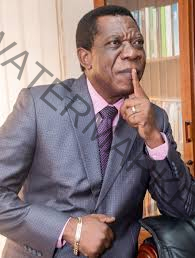
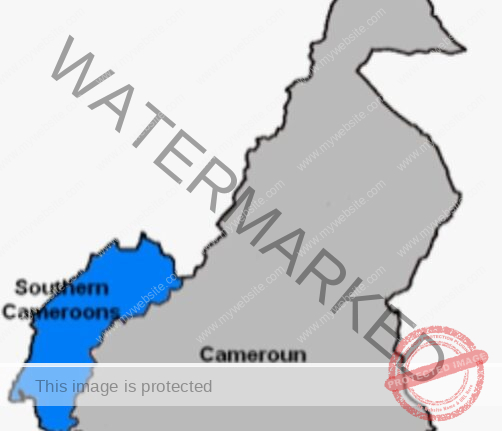


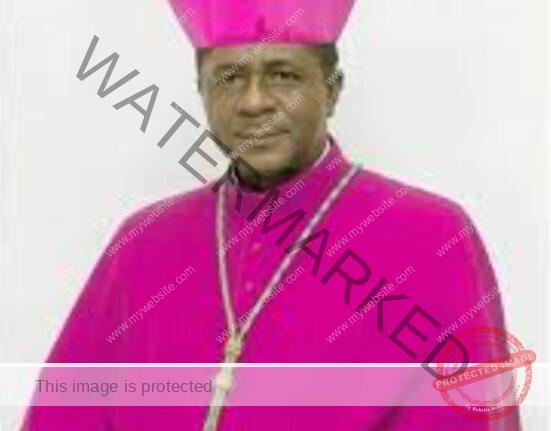
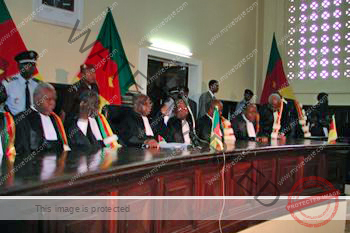
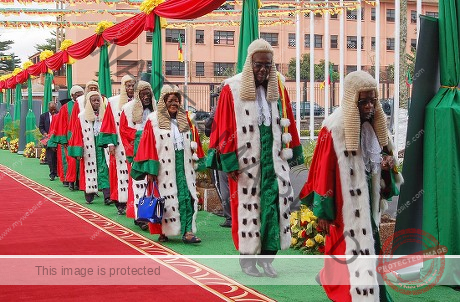

Leave feedback about this